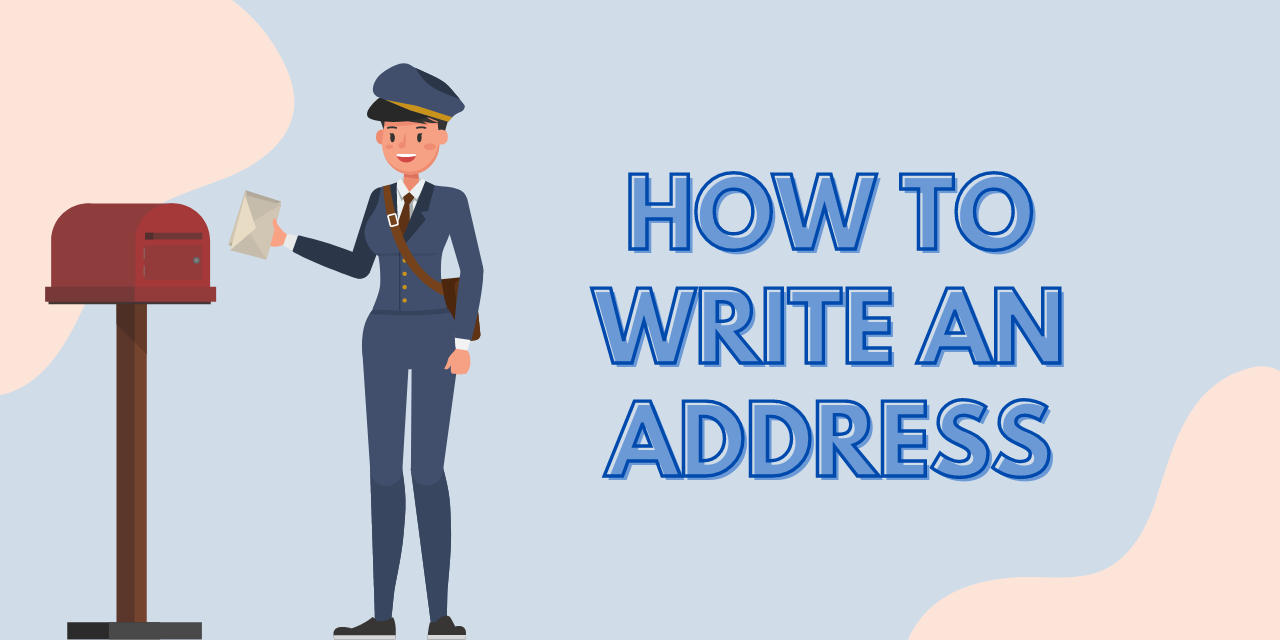You finally have the guts to leave your job, be it for a better opportunity, a new business venture, personal time, or simply because you can’t take it anymore. So what’s next? The dreaded letter of resignation, of course.
Writing a letter of resignation is tricky and can cause a lot of anxiety. The company will remember how you left, not how well you performed when you worked there, of course. And in a letter of resignation, you could either preserve a professional relationship or end up burning some critical bridges. If HR or your boss interprets your letter as rude, it will follow you. You need to take a respectable tone, regardless of your reasons for leaving.
The Correct Approach
A letter of resignation is a business letter and must be approached as one from the start. It must always be professional, courteous, respectful, and concise. If you nail down the layers that make up a polite and professional resignation letter, you can be better assured of a seamless transition into whatever new adventure you are embarking on.
So how do you know that your letter of resignation will be well-received? You can never be 100% sure unless your boss is your friend and is intimately aware of your life’s changes. But, you can be in control of the letter’s tone and do your part to be respectful of your boss and the company — and get your point across.
1. Include your intent to resign
Stating your intent can be easily overlooked. A resignation letter must include your intent to resign in the clearest and most obvious terms you can use. It also must be the first talking point of your address. You cannot afford to beat around the bush, addressing five different things before you state the purpose of your letter, or worse, mince your words to the point that your HR manager or supervisor cannot tell that you intend to resign.
Here is an example of a good opening statement:
“Dear Miss Hilda Olite
This letter is to inform you that I am resigning from my position as Head of Sales for Active Global effective May 5th, 2020…”
2. Include your exact end date
Your resignation letter must include your last day of employment at that office. Do not be vague using statements like, “I would like to resign sometime next month.” or even, “I am informing you on my resignation two weeks from today.” Be as clear as you can be.
For example:
“Dear Mrs. Tay,
I am writing to let you know that I will be resigning from my position on June 23rd, 2019. Although I have enjoyed my time at Hardwell and Daughters and learned a lot, it is time for me to take my career in a new direction…”
3. Express gratitude for the job
A grateful heart attracts favor. Even if you are genuinely thinking ‘goodbye and good riddance’ when you write the letter, take the high road and express gratitude for the job you had.
“Dear Mr. Hu,
… I greatly appreciate the opportunities that Timmies Supermarkets has given me to expand my business accounting acumen. For the last ten years, you have consistently provided me with a conducive environment for personal and career development; I am genuinely grateful for that.”
4. Offer to assist in the required transition
You should include an offer to assist in any transitional procedures required to make this an easy period for the company and yourself. Offer your help in training a replacement for the remainder of your time or interviewing potential candidates if you can.
“Dear Mr. John Taylor,
… If there is anything I can do that will make this transition as smooth and cost-effective as possible, please reach out to me. I am available and happy to dedicate my time to identify suitable candidates to replace me as the Head of Operation…”
5. Include contact details and final words
You may not be working at that company anymore, but sometimes they will need to get in touch with you to locate essential folios or give you back anything you could have forgotten in your desk. They may also want to stay in touch, depending on your relationship with the people who worked there. Therefore, add in your contact details where they can reach you after you have left the company. Follow this with some closing remarks and a “thank you”/”Sincerely.”
Template for Letter of Resignation
When writing your letter, you’ll want to follow a specific format that keeps you on-track and organized. This isn’t your company’s first loss, but the standard is standard, and they expect that.
At the top of the letter include:
- Your Name
- Current Job Title
- Current Organization
- Address
- City, State, Zip Code
- Your Email
In the body of the letter:
- Dear Mr./Ms./Mrs. [Whoever is concerned.]:
- Your intent to resign and the intended resignation date.
- Your statements of gratitude and appreciation for your job.
- Your offer to assist in any needed transition details.
- Your contact details for any further clarification o future correspondence.
- Your final remarks. (Keep them short and to the point).
Finally, when signing:
- Sincerely,
- Your Signature [hard copy letter] or
- [Your Typed Name]
What Not To Do
Here are the absolute do-nots if you want to write a respectful letter of resignation:
- Do not critique or complain about co-workers.
- Do not list the things you hated about your job.
- Do not insult your boss or workmates.
- Do not go into an emotional tirade about why you are leaving. Remember, short and sweet is the goal.
- Do not be phony; anyone can see through that.
Takeaways
The biggest takeaway is that you want to leave this job on the best of terms, regardless of work conditions. Dismissing the importance of good post-employment relations in the heat of negative emotions and stress is easy to do, but life comes at you fast to remind you. You don’t want to earn a reputation as an ungrateful and disdainful employee, because you do not know how to leave a toxic job professionally. You also do not want to sever ties with potential referees, clients, business associates, and friendly acquaintances.
You are not an island, and at some point or another, you will need those people from that job. Take your time to ensure your letter of resignation is respectful and professional. This will come back to you as an excellent reward for future cordial and fantastic business relationships.






